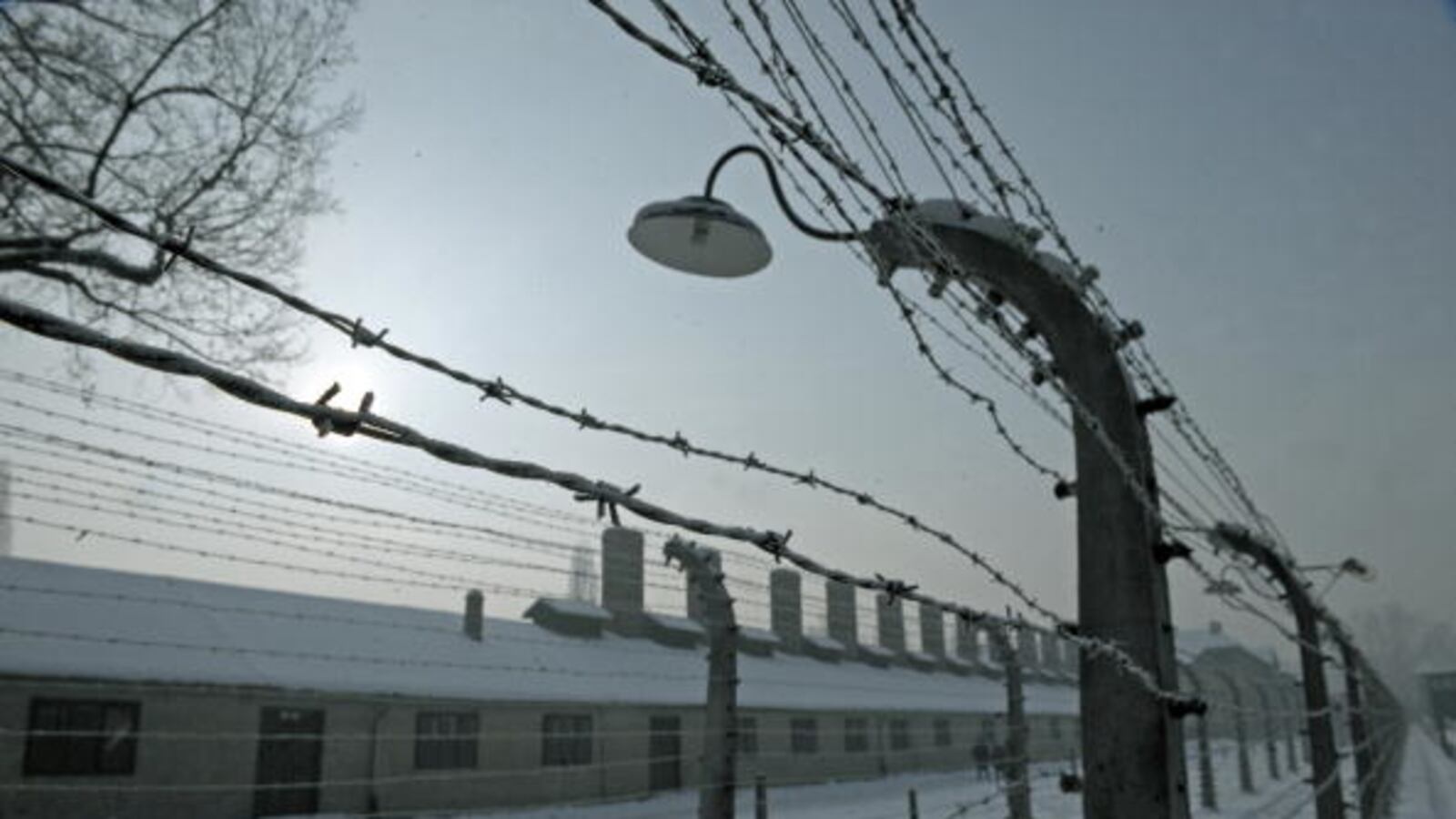Reflecting the modern media’s appetite for ghoulish anomalies, and its particular delight in pathologizing Israel, the New York Times published an article this week about young Israelis tattooing themselves with replicas of their survivor-grandparents’ Auschwitz numbers. Putting aside that other modern media tendency to interview half a dozen renegades and—poof—deem their marginal behavior an instant trend, one generation’s importing the scars of an earlier generation is perverse.

As both a Jew and an historian, I believe in keeping memories alive, never forgetting, and learning the lessons of the past. I worry that, as the survivor’s generation dies off, it will be harder to convey the true horrors Jews endured in the Holocaust. I cherish Elie Wiesel’s work, and as I write this my 12-year-son is spending some of his Sukkot holiday vacation reading Wiesel’s classic memoir “Night.” Moreover, as someone who is not “Gen 2” or “Gen 3,” whose four grandparents made it to American safety and freedom from Russia and Poland by the early 1920s, decades before the Nazi evil, I respect the trauma of the survivors and their descendants. I cannot fathom what bearing such a legacy would be like and am loathe to be judgmental.
Still, perpetuating the Auschwitz tattooing offends me as a humanist, a Jew and a Zionist. As a humanist, I celebrate most survivors’ instinct to insulate their children and grandchildren from history’s horrors. The survivors’ ability to go forward, to build new lives, reflects the extraordinary human capacity to heal, to regenerate, to grow—that is the lesson I embrace and echo.
As a Jew, I appreciate the power of ritualizing memory but through words and more benign deeds, turning the bread of affliction into edible matzah, the bitterness of slavery into horseradish, the tears of the oppressed into salt water. As Jews in particular, we don’t tattoo, we don’t self-flagellate, we don’t self-mutilate. We respect our bodies as holy and whole. I agree with my colleague Peter Beinart, who argues in "The Crisis of Zionism" that while remembering is a sacred act, there is something wrong with a Jewish community that has more Holocaust memorials than functioning Jewish day schools. I fear that with too much money invested in remembering how we died, not enriching how we live, with Jewish college students flocking to Holocaust courses but not courses on modern Jewish ritual or philosophy, we risk violating the Torah’s preaching to “choose life”; Judaism is not a death cult.
Finally, as a Zionist, this deification of trauma appalls me. Zionism was not about holding on to the sufferings of Europe—or the Middle East for that matter—but about transcending them. By returning to history’s stage, Jews were supposed to stop being the victims and feeling victimized. Zionism talked about rebuilding the Jewish body, reconstituting the Jewish body politic, regenerating the Jewish soul, affirming humanist values—not holding onto our hurts so much that we desecrate our bodies to remember our inherited pain.
Two years ago, an 89-year-old survivor Adolek Kohn returned to Auschwitz with some of his children and grandchildren at the urging of his daughter Jane Korman. She shot a video of him and his kids dancing to Gloria Gaynor’s “I Will Survive.” Some thought that was in poor taste—I thought it was fabulous. Dancing with the next generation, even at humanity’s gates of Hell, affirms life, keeps Judaism alive and lively, while reinforcing the Zionist mission whereby we achieve our own redemption through self-determination, inner strength, constructive visions, and good works.






